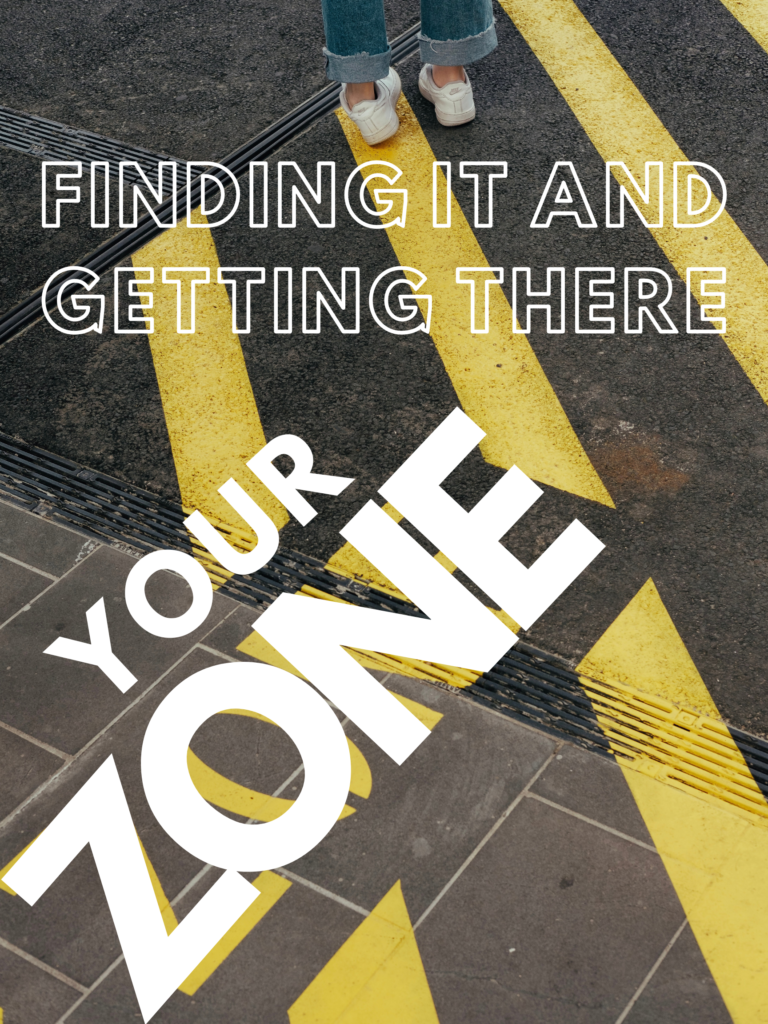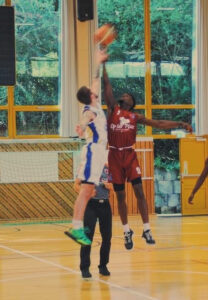CTG Mindset Blog
Your Zone: Finding It and Getting There
Finding Your Zone
People often mention “finding your zone” but that is a lot easier said than done and what does that even mean?
The first thing to know is what the zone even is and what it means. The graph below shows an example of the individual zone of optimal functioning (IZOF). The IZOF is made up of your emotional arousal and your performance. As seen in the graph, it follows an upside down U-shape and the top of that is the zone of optimal functioning. However, this graph is only one example of an individual’s zone. Your zone/graph could be shifted to the left or right.

Yuri Hanon, 2000
Knowing where your zone is takes a little time and some self reflection. The first thing to do is to think back on your previous games and did you do better in low arousal (low stakes, low emotions, etc) or better in high arousal (high stakes, high emotions, etc)? If you need more low arousal, your graph and zone are probably shifted to the left. If you need higher arousal, your graph and zone are shifted to the right.
How To Get To Your Zone
Now that you know where you fall on the graph, you need to figure out how to get to your zone before every competition. If you need to have low arousal/emotions then do activities that relax you before game time. For example, do some breathing exercises, progressive muscle relaxation, talk to your friends, or whatever else relaxes you. If you need to have high arousal/emotions, then do activities that will pump you up. For example, play intense music, move around, or whatever else pumps you up.
Turn it into a routine. Once you know what works for you, do that before every game. It does not have to be the exact same thing every time but make sure you are doing activities that either always pump you up or calm you down.
Know Your Teammates’ Zones
Finally, it is super important to know your own zone but it is always important to know your teammates’. If you and your teammates all know each others’ zones, you will be able to help each other get to your optimal zones. Once you all are in your zones at the same time, that is when success happens.
Content Created by Kathryn Colby, M.Ed.



 Professional Basketball Player Accolades:
Professional Basketball Player Accolades: Coach Savannah is originally from Cottage Grove, Wisconsin. Currently, she’s a junior at the University of Wisconsin-Madison studying Psychology and Gender & Women’s Studies. She has a passion for martial arts and has been doing it since she was 4 years old.
Coach Savannah is originally from Cottage Grove, Wisconsin. Currently, she’s a junior at the University of Wisconsin-Madison studying Psychology and Gender & Women’s Studies. She has a passion for martial arts and has been doing it since she was 4 years old.